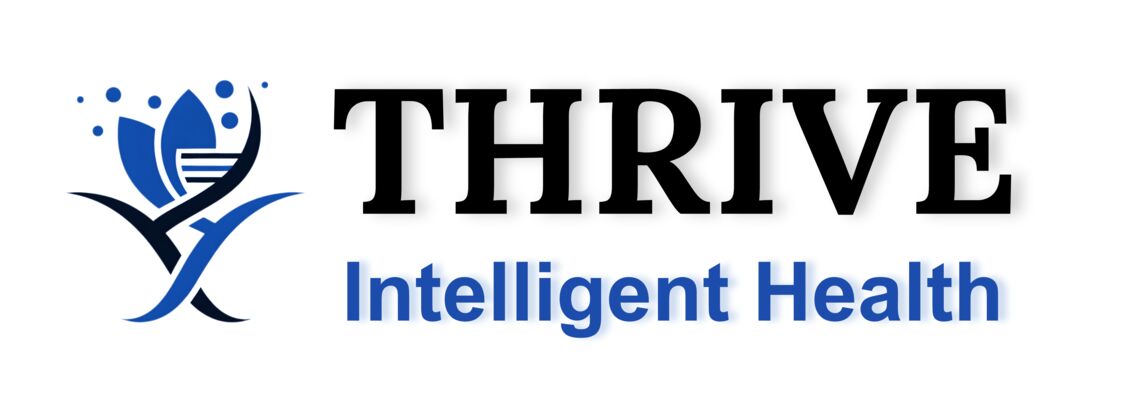Immersive Echocardiography Training in Virtual Reality
Supervisory Team
Background
Medical ultrasound education, particularly in echocardiography, is traditionally hands-on and instructor-intensive. However, limited access to real-time scanning experience and expert feedback constrains student learning and the standardization of training.
Virtual Reality (VR) offers a powerful medium to simulate realistic echocardiographic scenarios, enhancing spatial awareness, probe handling skills, and interpretation in a controlled, repeatable environment.
Research Questions
-
How can immersive VR technologies be used to simulate realistic echocardiographic scanning environments?
-
What levels of realism and interactivity are necessary to foster clinical competence?
-
How can adaptive feedback and AI-driven assessment enhance learning outcomes?
Aim
- Design, develop, and evaluate a VR-based training platform for echocardiography education.
Objectives
-
Interactive VR Environment
- Develop a fully interactive VR training environment using real echocardiographic data.
-
Probe & Anatomy Simulation
- Incorporate simulated probe manipulation and anatomical navigation.
-
Feedback & Assessment
- Integrate real-time assessment and feedback mechanisms for learners.
-
Evaluation
- Evaluate the effectiveness of the platform in postgraduate training courses.
Methodology
-
Co-design the platform with input from clinical educators and sonographers.
-
Use Unity3D and haptic feedback integration for realism.
-
Capture and map ultrasound probe trajectories to VR scenes.
-
Conduct usability studies and learning outcome evaluations with MSc Medical Ultrasound (Echocardiography) students.
Clinical Partners
-
Imperial College London – National Heart and Lung Institute
-
Affiliated NHS cardiology and echocardiography teams

